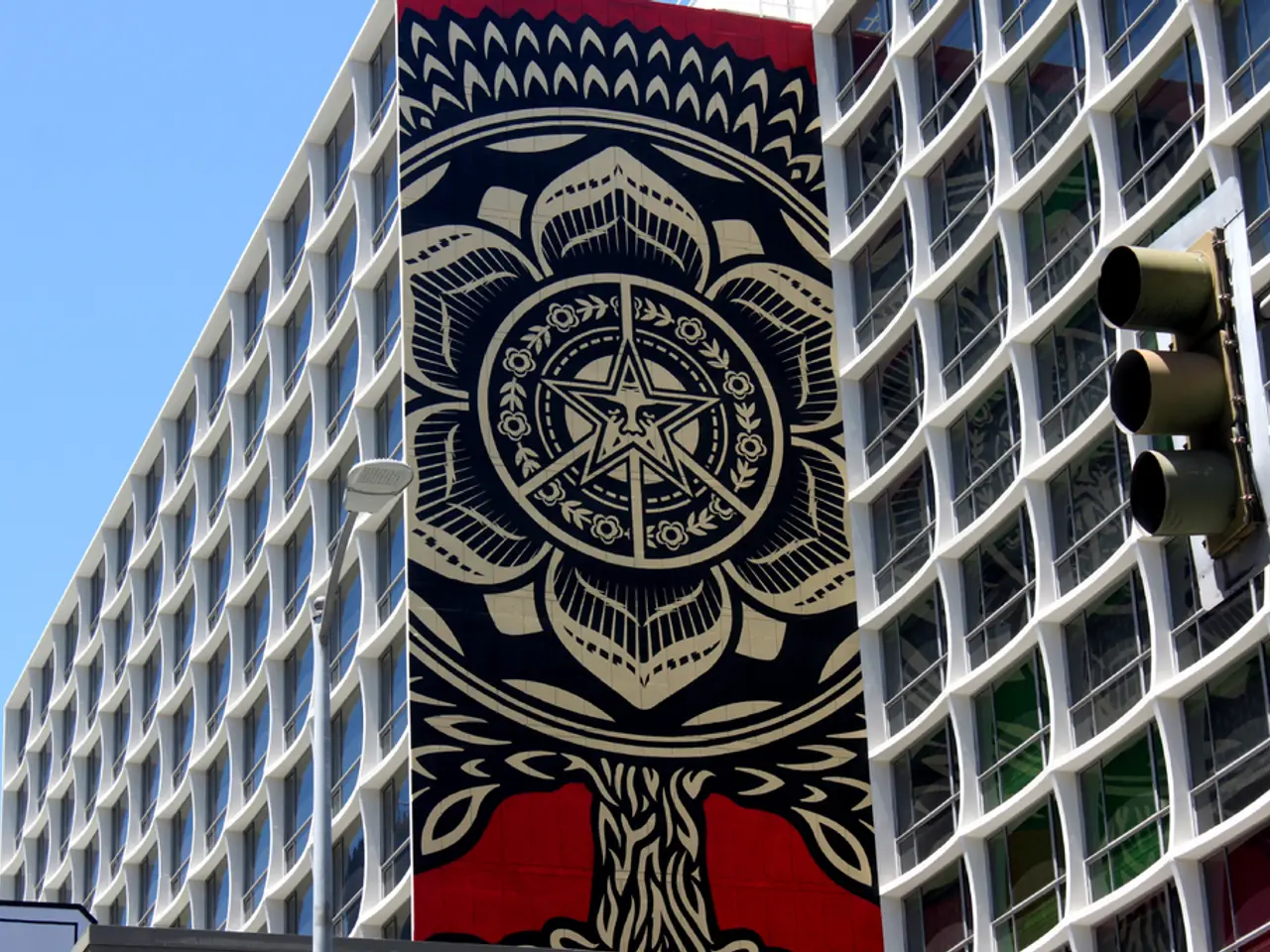Museum Organization in Scotland Warns Against Gender Enforcement in Bathrooms, Russian Authorities Accuse Estonian Museum Director with Crime, plus More: Morning Updates for July 28, 2025
In Scotland, museums and galleries are grappling with the implications of a recent UK Supreme Court ruling that interprets the protected characteristic of “sex” in the Equality Act 2010 as biological sex. This ruling has sparked debates about gender-neutral restroom access and the practical challenges it presents.
Museums Galleries Scotland (MGS), the national development body supporting over 450 museums and galleries, has criticised the Equality and Human Rights Commission (EHRC) guidance as "unfeasible" and discriminatory. MGS argues that enforcing the guidance would require staff to police access to restrooms, a task it deems impractical and potentially discriminatory.
The EHRC guidance states that trans women (biological males) should not use women’s facilities and trans men (biological females) should not use men’s facilities. This interpretation effectively mandates that single-sex toilets remain segregated by biological sex rather than gender identity.
MGS urges the EHRC to reconsider the guidance to better balance legal compliance with inclusion for trans people. The organisation warns that some museums might close if the current advice remains unchanged, and trans people could be left with no facilities at all.
While MGS warns of the impracticality and negative impacts of policing toilets, some campaigners such as For Women Scotland support the EHRC’s approach, viewing it as necessary to uphold the law. The Scottish Government, which funds MGS, has also stated that self-identification has never been lawful under the Equality Act.
The debate surrounding this issue is far from over, with both sides presenting valid concerns. The challenge for all parties involved is to find a solution that respects biological sex under the law while minimising discrimination and operational burdens on cultural institutions.
Meanwhile, in Rotterdam, Europe's largest port and a hub of modernist architecture, the perception among galleries that there were no art buyers has been reversed. The city, known for embracing its layered histories while investing in a creative future, is increasingly becoming a destination for art enthusiasts.
In London, the Freud Museum is facing calls for an official investigation into allegations of political interference and "autocratic" board decision-making. The museum, dedicated to promoting the intellectual and cultural legacy of Sigmund Freud and his daughter Anna Freud, is a significant cultural institution.
Elsewhere, the Narva Museum in Estonia faces criminal charges from Russia for "rehabilitating Nazism" and spreading false information about the Russian military. The charges stem from a large banner displayed on the museum's exterior that combined the faces of Vladimir Putin and Adolf Hitler with the caption "Putler War Criminal!".
Finally, an ancient Egyptian handprint dating back around 4,000 years has been found on an artifact at the Fitzwilliam Museum in Cambridge, England. The handprint was found on the base of a "soul house," a model of a building rendered in clay, providing a fascinating glimpse into the past.
[1] Museums Galleries Scotland. (2025). Press Release: MGS Criticises EHRC Guidelines on Gender-Neutral Restrooms. [2] For Women Scotland. (2025). Statement: Support for EHRC Guidelines on Gender-Neutral Restrooms. [3] Scottish Government. (2025). Response to MGS Criticism of EHRC Guidelines on Gender-Neutral Restrooms. [4] Equality and Human Rights Commission. (2025). Guidance: Gender-Neutral Restrooms in Museums and Galleries.
- The contemporary debate about gender-neutral restroom access in museums and galleries, sparked by a UK Supreme Court ruling, has led Museums Galleries Scotland (MGS) to criticize the Equality and Human Rights Commission (EHRC) guidance as "unfeasible" and discriminatory.
- In the art fair scene, the debate around gender-neutral restrooms is not the only concern for cultural institutions. The Fitzwilliam Museum in Cambridge, England, recently discovered an ancient Egyptian handprint dating back around 4,000 years on an artifact, offering a fascinating glimpse into the past.
- The issue of gender-neutral restrooms in museums and galleries has polarized opinions, with some groups like For Women Scotland supporting the EHRC’s approach while organizations like MGS argue for a more inclusive solution that minimizes operational burdens and discrimination.
- Meanwhile, in the modern art world, galleries in Rotterdam, known for its layered histories and creative future, have seen a surge in art buyers, reversing the previous perception that there were no buyers in the city.






